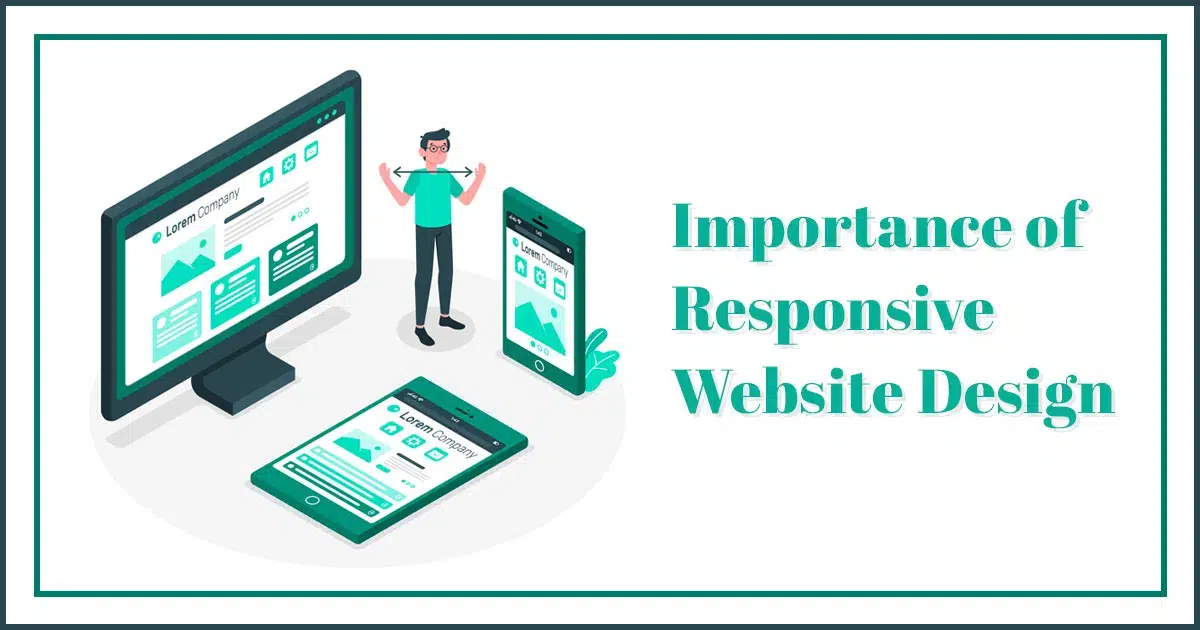Responsive web design is crucial in today’s digital landscape due to the widespread use of various devices to access the internet. Here are several reasons highlighting the importance of responsive web design:
Multi-Device Compatibility:
With the advent of smartphones, tablets, laptops, desktops, and even smart TVs, users access websites across a multitude of devices. Responsive web design ensures your site functions and looks good on all these devices, providing a seamless experience.
Improved User Experience:
A responsive website adapts to the device’s screen size, allowing users to navigate and interact with the content effortlessly. It eliminates the need for zooming, scrolling, or resizing, providing a positive and engaging user experience.
Boosts Mobile Traffic:
Mobile internet usage has surpassed desktop usage. A responsive website ensures you don’t lose potential visitors from the vast mobile user base, thereby increasing your website’s traffic.
Enhanced SEO Performance:
Search engines like Google prioritize mobile-first indexing, giving preference to websites that are mobile-friendly. A responsive design positively impacts your SEO efforts, leading to better search rankings and increased visibility.
Single URL, Easy Maintenance:
Managing a single responsive website with a consistent URL is more efficient than maintaining separate desktop and mobile versions. Updates and modifications need only be made once, saving time and effort.
Faster Page Loading:
Responsive web design optimizes website performance across devices, leading to faster loading times. Speed is critical for both user satisfaction and SEO rankings.
Cost-Effectiveness:
Creating and maintaining one responsive website is cost-effective compared to managing multiple versions for various devices. It reduces development costs and ensures a higher return on investment (ROI).
Adaptable to Future Devices:
As new devices with varying screen sizes and resolutions are introduced, a responsive design allows your website to adapt and remain accessible, future-proofing your online presence.
Better Conversion Rates:
A well-designed, responsive website tends to have higher conversion rates. When users can easily access and navigate your site, they are more likely to stay longer and complete desired actions such as making a purchase or filling out a contact form.
Strengthens Brand Consistency:
A consistent look and feel across all devices reinforce brand identity. Users should recognize your brand’s aesthetics, logo, colors, and messaging, regardless of the device they are using.
Easier Analytics and Reporting:
With a responsive design, tracking and analyzing user behavior becomes more efficient as you’re dealing with a single website. You can easily monitor traffic, user interactions, and conversions without dealing with fragmented data from multiple versions.
Social Sharing and Link Building:
A single URL for your content simplifies the sharing and linking of your website, improving your site’s visibility and making it easier for users to share your content across platforms.
In essence, responsive web design is not just a trend but a necessity for ensuring a seamless and enjoyable user experience across a wide range of devices, contributing to the success of your website and overall online presence.

